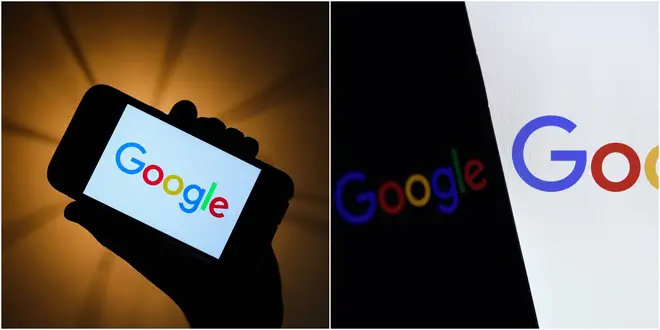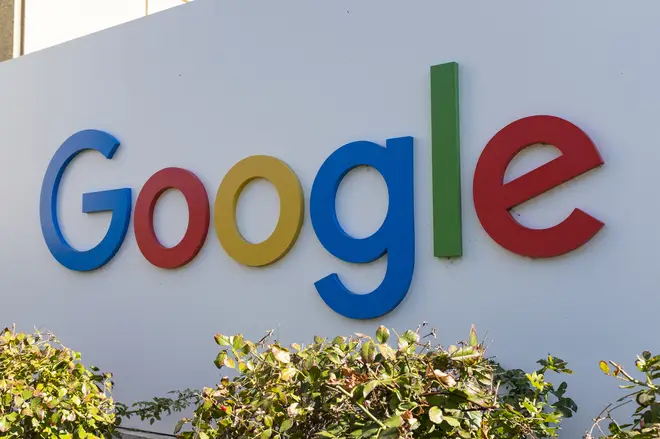
Nick Ferrari 7am - 10am
21 November 2019, 19:44

The move comes as the tech giant tries to improve voter confidence in digital political advertising.
Google will no longer allow voters to be targeted by advertisers based on their political affiliation or their supposed political leanings, the company has announced.
The changes will be enforced in the UK "within a week" in time for the General Election on December 12.
Election audience advertisements will now be limited to "general categories" of age, gender and general location.
The restriction will be imposed worldwide on 6 January 2020, which could have big implications for next year's US Presidential vote.
"We're proud that people around the world use Google to find relevant information about elections," said Google Ads executive Scott Spencer.
"But given recent concerns and debates about political advertising, and the importance of shared trust in the democratic process, we want to improve voters' confidence in the political ads they may see on our ad platforms," he said.

Google is the latest tech company to respond to growing scrutiny over online political advertising.
Twitter has meanwhile said it would ban political advertising altogether. It also recently launched a new tool on its platforms that enables people to report deliberately misleading details about the voting process.
Rival social media firm Facebook has faced repeated calls to ban all political advertising after a number of misleading ads were taken down from the platform.
Facebook admitted it is unable to track all political adverts on its platforms.